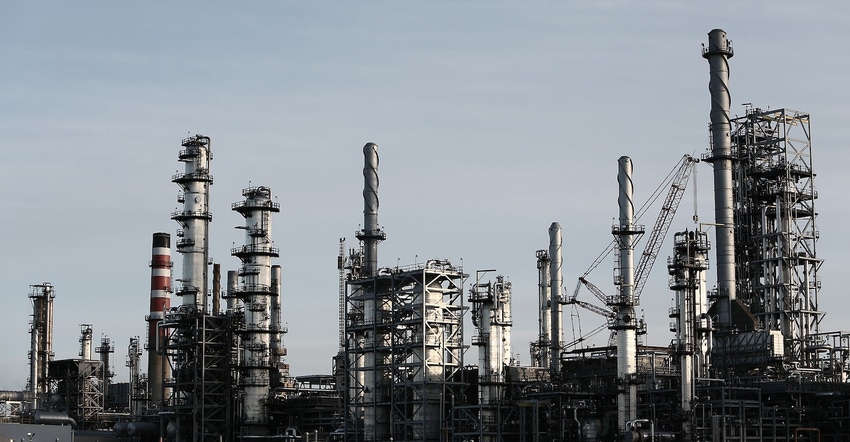97% of supply chain and manufacturing executives said they have faced supply chain disruptions during the pandemic.
August 18, 2020

The non-profit Institute for Supply Chain Management (ISM) has just released its third survey on how the COVID-19 pandemic is impacting supply chains around the world.
The first two surveys were published in March and April. This latest survey was published towards the end of July 2020.
The study involves 675 managers, directors, and vice presidents involved in U.S. supply chain management and manufacturing.
Most work for companies making less than $500 million in annual revenues.
“Overall, it shows supply chain disruption is still impacting most industry sectors,” says Michael Wilson, vice president of marketing and packaging for AFFLINK, a leading sales and marketing organization for the jansan, healthcare, packaging, and related industries. “While Healthcare, Food and Beverage, Tobacco, and [the] Computer and Electronics sectors are doing well, most others continue to struggle due to the pandemic.”
Among the latest ISM findings are the following:
97% say they have or will be impacted by supply chain disruptions.
Severe disruptions are reported in the U.S., Mexico, Canada, Japan, South Korea, parts of Europe, and “most particularly,” China.
Average lead time - the amount of time between ordering a product and its delivery - has improved but still lags pre-COVID operations.
77% say it is taking longer to get products from Chinese manufacturers.
US domestic manufacturing is operating at 74% of normal capacity; Chinese production is at 76% of normal capacity.
Most respondents say they have enough inventory to support current operations. However, confidence this will continue is on the decline in the US (64%), Mexico (49%), and Canada (55%).
Most respondents report they are delaying hiring new staffers; instead, 31% will reduce work hours, and 27% will decrease headcount.
“While the survey did not specifically address the jansan industry or other service industries in the North America, we know many of the components and equipment used in cleaning and related industries are made in China and Europe,” adds Wilson. “Because of this, cleaning professionals should expect delivery delays for some machines.”
About the Author(s)
You May Also Like




